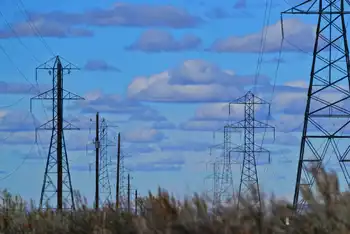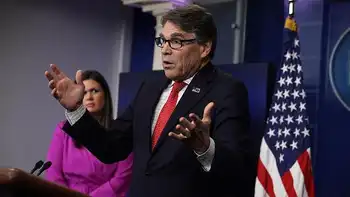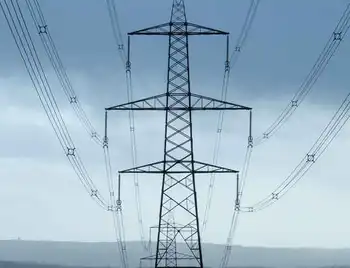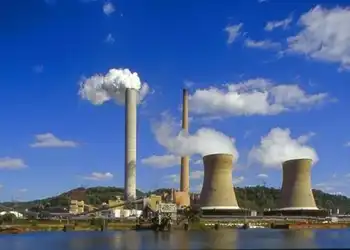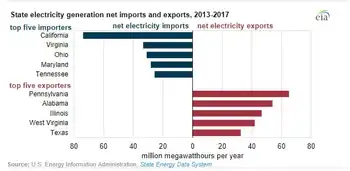Deal signed for Chernobyl shelter
By San Francisco Chronicle
NFPA 70e Training - Arc Flash
Our customized live online or in‑person group training can be delivered to your staff at your location.

- Live Online
- 6 hours Instructor-led
- Group Training Available
The project, financed by an international fund managed by the European Bank for Reconstruction and Development, will be designed and built by the French-led consortium Novarka, which includes the companies Bouygues SA and Vinci SA.
The new shelter — an arch-shaped steel structure 345 feet tall and 490 feet long — will enclose the concrete sarcophagus erected hastily after the 1986 accident. That structure has been crumbling and leaking radiation for more than a decade.
"I am convinced that today, possibly for the first time, we can frankly tell the national and international community that the answer to the problem of sheltering the Chernobyl nuclear plant was found today," President Viktor Yushchenko said at the signing ceremony, according to the presidential Web site.
The plan is to eventually dismantle the sarcophagus and the exploded reactor inside the new shelter. Chernobyl's reactor No. 4 exploded on April 26, 1986, spewing radiation over a large swath of the former Soviet Union and much of northern Europe. An area roughly half the size of Italy was contaminated, forcing the resettlement of hundreds of thousands of people.
Ukraine has repeatedly asked for money from the European Union and other Western sources to fund a new shelter.
Anton Usov, a spokesman for the European Bank for Reconstruction and Development, said it will take about one-and-a-half years to design the shelter and another four to build it.
The entire project of sheltering the reactor, which began in 1997 and also includes strengthening the existing sarcophagus, monitoring radiation and training experts, is estimated at $1.39 billion, Usov said.
Officials also signed a $200 million contract with New Jersey-based Holtec International for decommissioning the power plant. The project includes building a storage facility for spent nuclear fuel from the plant's three other reactors, which kept operating until the station was shut down in 2000.
That undertaking is also financed by international donors in a fund managed by the European Bank for Reconstruction and Development.
"The successful implementation of the project depends not only on the progress of the construction work, but also on the continued commitment of both the Ukrainian authorities and the international community," European Bank for Reconstruction and Development President Jean Lemierre said in a statement.
In the first two months after the disaster, 31 people died from illnesses caused by radioactivity, but there is heated debate over the subsequent toll.
A 2005 report from the U.N. health agency estimated that about 9,300 people will die from cancers caused by Chernobyl's radiation. Some groups, such as Greenpeace, insist the toll could be 10 times higher.





